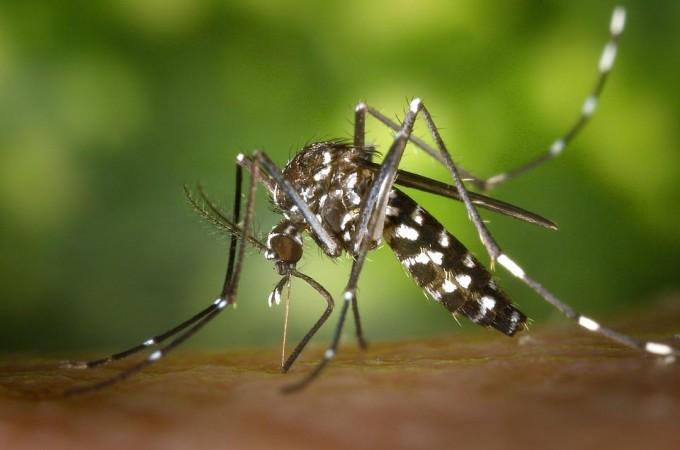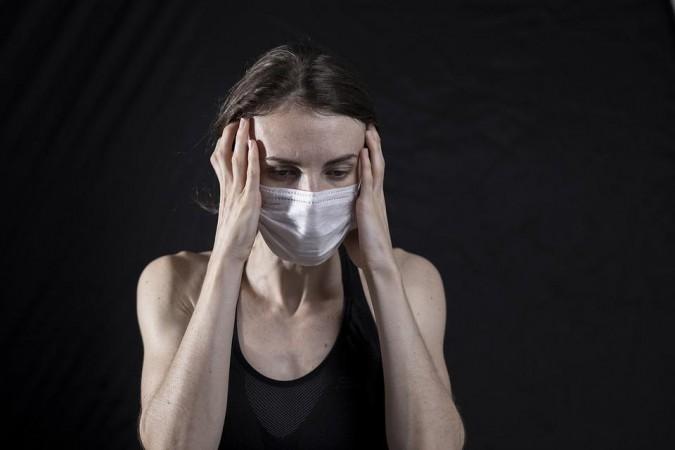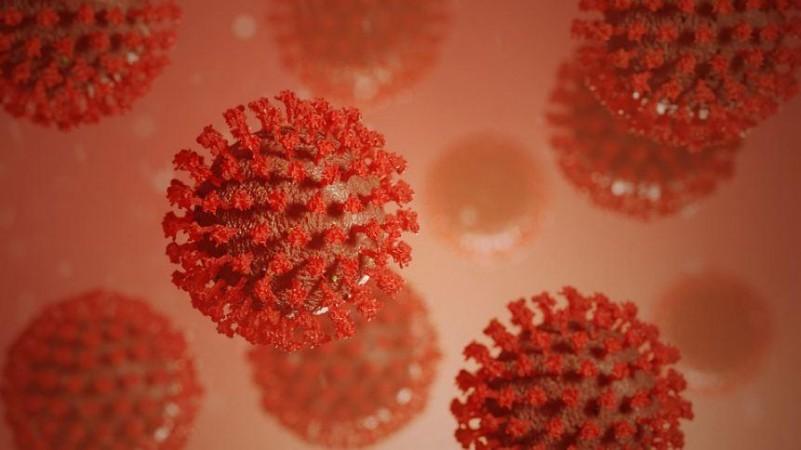Throughout the course of the COVID-19 pandemic, the manifestation of symptoms in patients has been varied. While some are asymptomatic, others develop noticeable symptoms. Now, a new study states that individuals with past history of dengue (caused by mosquito-borne dengue virus) are twice as likely to develop symptoms of the coronavirus infection if they contract it.
The study was conducted by scientists from São Paulo Research Foundation (FAPESP), among residents of Mâncio Lima, a town in Brazil's Amazon region. Analysis of blood samples from the inhabitants revealed that a large number of individuals who had contracted dengue in 2019 had been infected with COVID-19 in 2020.
"We deployed statistical analysis to conclude that prior infection by dengue virus doesn't alter the risk of being infected by SARS-CoV-2. On the other hand, our study also shows that people who have had dengue are more likely to have symptoms if they're infected by SARS-CoV-2," said Vanessa Nicolete, first author of the study, in the statement.
Shifting focus to SARS-CoV-2

Prof. Marcelo Urbano Ferreira, principal investigator of the study, has been carrying out research on malaria, another mosquito-borne disease, in Mâncio Lima for seven years. Beginning in 2018, Prof. Ferreira launched a project that surveys 20 percent of the small town's population semi-annually. The project team approaches homes, acquires answers to questionnaires, and procures blood samples.
In early 2020, a part of the research effort was diverted towards monitoring and understanding the spread of the disease in the area after the project received additional funding. A study published in September 2020 suggested that areas reporting several cases of dengue were found to be relatively less affected by the SARS-CoV-2 infection. This inspired Prof. Ferreira and his team to use the project's data at their disposal to look in to the potential link further.
"Because we already had blood samples collected from inhabitants of Mâncio Lima before and after the first wave of the pandemic, we decided to use the material to test the hypothesis that prior infection by dengue virus conferred some degree of protection against SARS-CoV-2. What we found was exactly the opposite," explained Prof. Ferreira.
Increased Likeliness of COVID-19 Symptoms

The blood samples from 1,285 participants in Mâncio Lima were collected in November 2019 and November 2020. They were subjected to tests in order to detect antibodies against all the four serotypes of dengue, and also against the SARS-CoV-2 virus. Also examined, was the clinical data (symptoms and outcomes) of those who were diagnosed with COVID-19.
Analysis of the samples revealed that 37 percent of the participants had contracted dengue prior to November 2019. In 2020, 35.2 percent (448) of the cohort was found to have been infected with COVID-19. Of the 448 individuals who had tested positive for the SARS-CoV-2 viral infection, 57.1 percent reported clinical manifestations of symptoms at the time of infection.
Additionally, it was found that participants over 60 years of age were twice more likely to have symptomatic COVID-19 than children below the age of five. "Contrary to the cross-protection hypothesis, prior DENV infection was associated with twice the risk of clinically apparent COVID-19 upon SARS-CoV-2 infection," the authors wrote.
Finding the Cause

The underlying causes of the described phenomenon in the study, however, are unclear. A biological explanation could be that the antibodies developed against the dengue virus may somehow could be aggravating COVID-19. Prof. Ferreira posits that this could be an example of a syndemic— a synergic interaction between two epidemic diseases, such that one worsens the outcomes of the other.
Another possible reason could be that socio-demographic factors increase the vulnerability of some populations to both viral diseases. "Our results show that the populations most exposed to dengue, possibly owing to socio-demographic factors, are precisely those that most risk falling very sick if they're infected by SARS-CoV-2," averred, Prof. Ferreira.
He emphasized that the results of the study highlight the significance of strengthening measures to curb mosquito population and social distancing measures instituted to restrict the spread of COVID-19. "This should be getting more attention from the federal government," concluded Prof. Ferreira.












